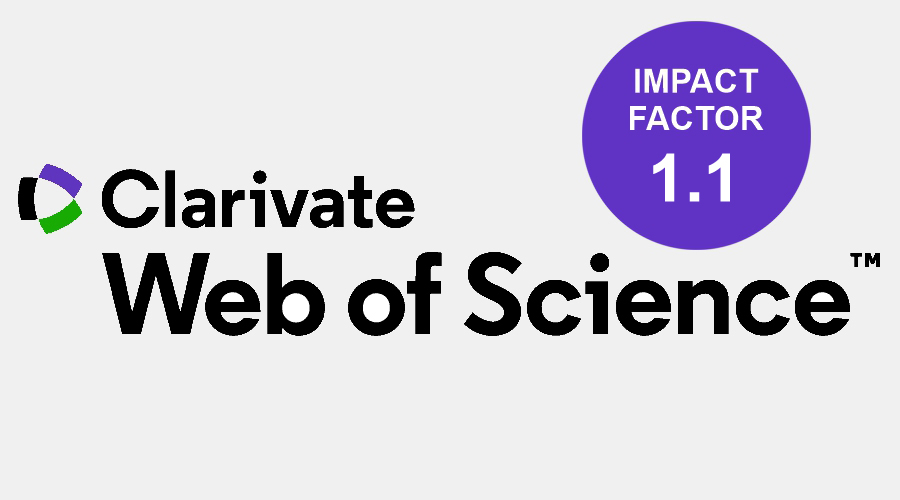The impact of tourism on subjective quality of life among Hungarian population
Abstract
Nowadays the clarification of the issues concerning subjective quality of life (QoL) enjoys a priority both in the dialogue between academic workshops and in political quarters responsible for the general state of society. The researchers – let them be the representatives of philosophy, psychology, sociology, geography or economics – are keen on finding the paths towards the sources of happiness, the ways to achieve subjective well-being, whilst the politicians are eager to trace what could be done in this sense by the power. There has been a wealth of literature on the relationship between the achievement of overall life satisfaction and sustainability of political power, notwithstanding only minor emphasis was put on the travelling behaviour of population as a factor of QoL and, consequently, of happiness. The governments of bourgeois democracies tend to cherish the sources of happiness stemming from leisure time spending – driven not so much by the desire to extend their power in time, rather prompted by moral responsibility for the well-being of society. Writings on the ways how policies might promote leisure time spending with travelling are many, but it is hardly known how these efforts have been able to influence subjective QoL.
In Hungary, the National Tourism Development Strategy (2005–2013) attributes paramount importance to travelling of Hungarian population as one of the means to increase QoL – an effort unique even in international comparison. To attain the objectives formulated in this document, and in order to yield a profit for the society, the Tourism Unit of Ministry of Local Government and Regional Development (now Ministry of Local Government), together with the Hungarian National Tourist Offi ce and Geographical Research Institute Hungarian Academy of Sciences had requested the Hungarian Central Statistical Office to perform a survey on the happiness markers related to travelling behaviour of the country’s population. This survey by questionnaires conducted in 11,500 households in the year 2007 has surfaced relationships between tourism and QoL hardly acknowledged heretofore.
Putting the results of the survey considered representative with reference to the adult (18+) population of Hungary in the context of Hungarian and international literature, the present study provides an assessment of the tables of the data referring to the different variables. A special emphasis is addressed to the general linkage between travels and overall life satisfaction and to the components of happiness off ered by travelling.
Copyright (c) 2009 Gábor Michalkó, Kornélia Kiss, Balázs Kovács, Judit Sulyok

This work is licensed under a Creative Commons Attribution-NonCommercial-NoDerivatives 4.0 International License.






